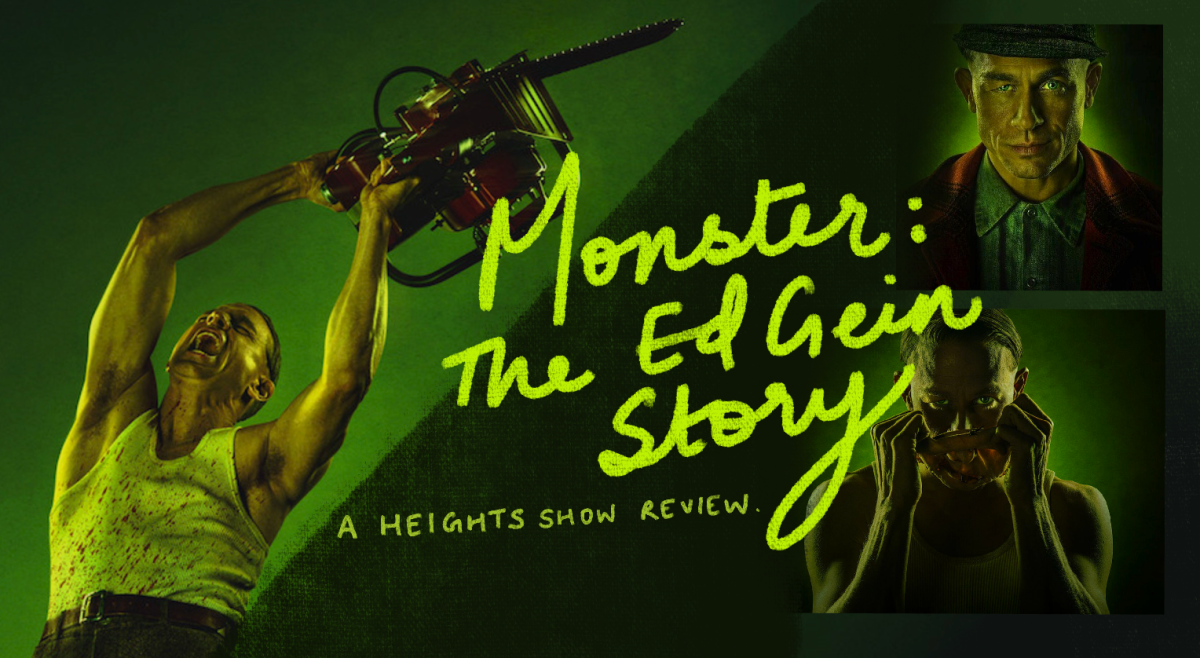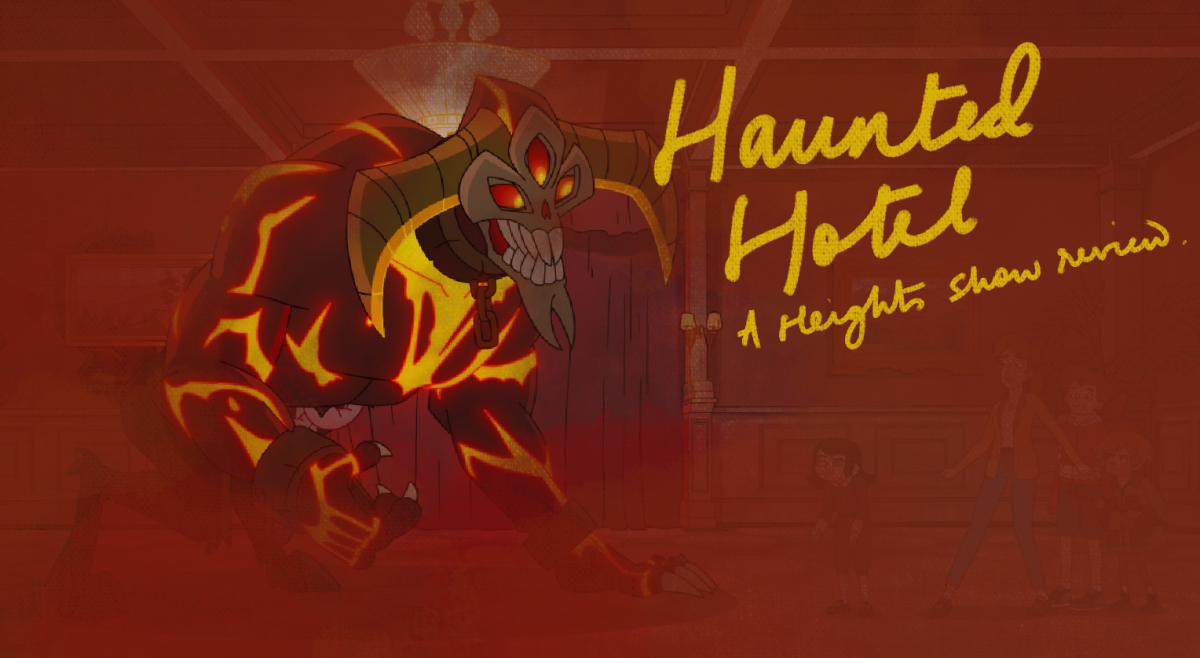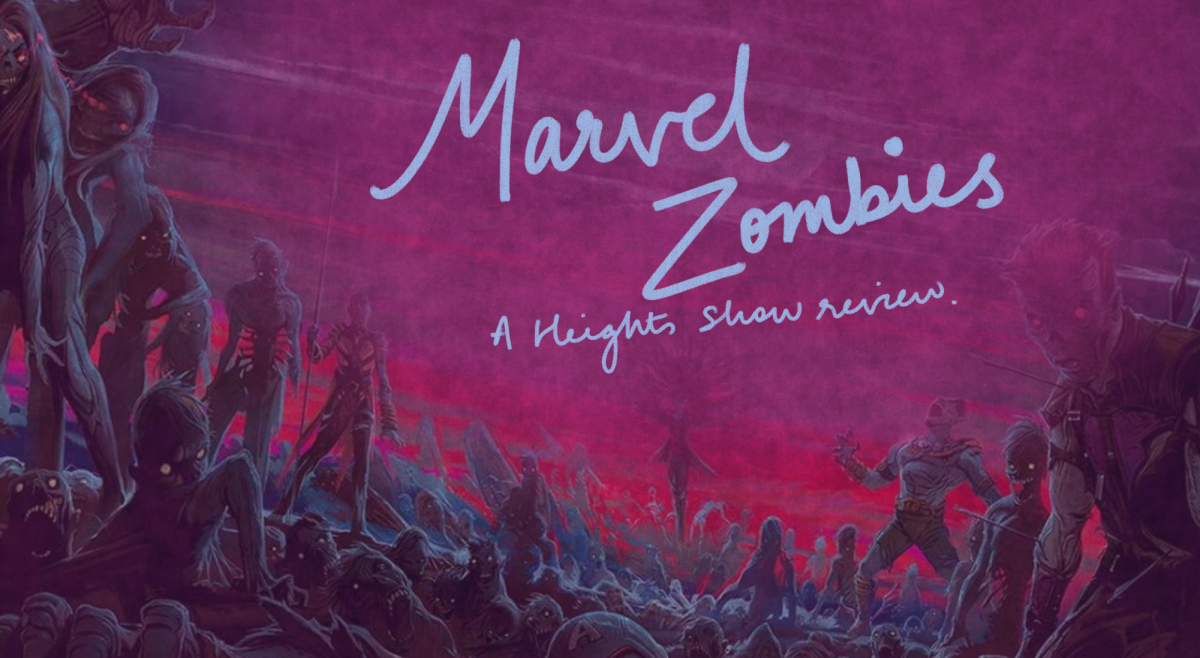The Kardashians premiered its seventh season on Thursday, bringing a new wave of luxury designer wardrobes and family drama to our living rooms. This iconic family remains timeless, seemingly holding a permanent position in pop culture.
But as the perfectly edited scenes and multimillion-dollar mansions flash across our televisions once again, one question forcefully lingers: Can we still call this “reality” TV?
From Kim Kardashian’s law school journey to Kris Jenner’s facelift recovery, the show continues to frame life’s challenges through a lens of privilege that only a select few could ever relate to.
The episode opens with the family sombrely, but briefly, acknowledging the devastating wildfires that swept through Los Angeles last year. Within minutes, however, the tension dissipates as attention shifts to planning the family’s final dinner in their beloved Hidden Hills estate.
What could have been a moment of grounding instead feels strangely hollow and almost performative. Khloe remarks that, “the last thing people are doing is listening to my podcast because of the wildfires.” While addressing the seriously destructive wildfires from earlier this year, Khloe still manages to promote her own show—a detail that feels fitting with the show’s performative nature.
As the credits roll, it is hard to miss the long list of executive producers, each name belonging to a Kardashian. This clear reminder that they are not passive actresses does not go unnoticed.
The Kardashians are active agents constructing their own image. They decide what gets shown, and more importantly, what doesn’t. Each storyline and supposedly candid conversation is filtered entirely through their control. Even the music cues are carefully chosen to guide and manipulate our emotions. They shape not just the story, but how we experience that story.
By the time the show finally reaches our screens, none of it feels truly new. Fans have already seen the court cases, breakups, and business launches play out in real time across news outlets and social media.
What once offered an exclusive glimpse into the Kardashians’ private lives has evolved into this glossy recap of common knowledge. The show’s original purpose was to offer authenticity, but now it just feels overshadowed by its own performative repetition.
What began as chaotic family drama has transformed into this sleek, fabricated production. It’s as if the Kardashians have edited out reality itself.
That said, the Kardashians, without question, are business geniuses. At its core, The Kardashians is simply a business strategy. Every episode doubles as a subtle advertisement for their ever-expanding empire of companies, from Skims to Kylie Cosmetics to 818 Tequila.
What is presented as authenticity is actually an intricate machine of self-promotion. And the Kardashians have perfected it.
Despite knowing all this information, people keep watching. The audience returns for the seventh season knowing full well that the show is completely orchestrated. But maybe that is exactly the point.
Viewers don’t necessarily want the truth. Maybe they want a version of it that’s completely idealised. Maybe people crave the illusion of emotional authenticity more than authenticity itself. Perhaps, then, The Kardashians is not meant to show us reality as it is, but as we wish it could be.
Most of the show’s viewers will never experience the kind of life the Kardashians live, but that is precisely the allure. The show offers this escape, this fantasy disguised as reality. Season after season, people keep returning, drawn to a world that feels real but is just a manufactured illusion.
Which brings back the original question. If everything on the screen is meticulously curated, can The Kardashians still be categorised as “reality” TV? Or has it created an entirely new genre of “manufactured-reality” TV?
Perhaps that’s the true brilliance of the show. It was never about depicting reality. It is about performing it and making us believe, if only for just an hour, that what we are watching might still be real.







